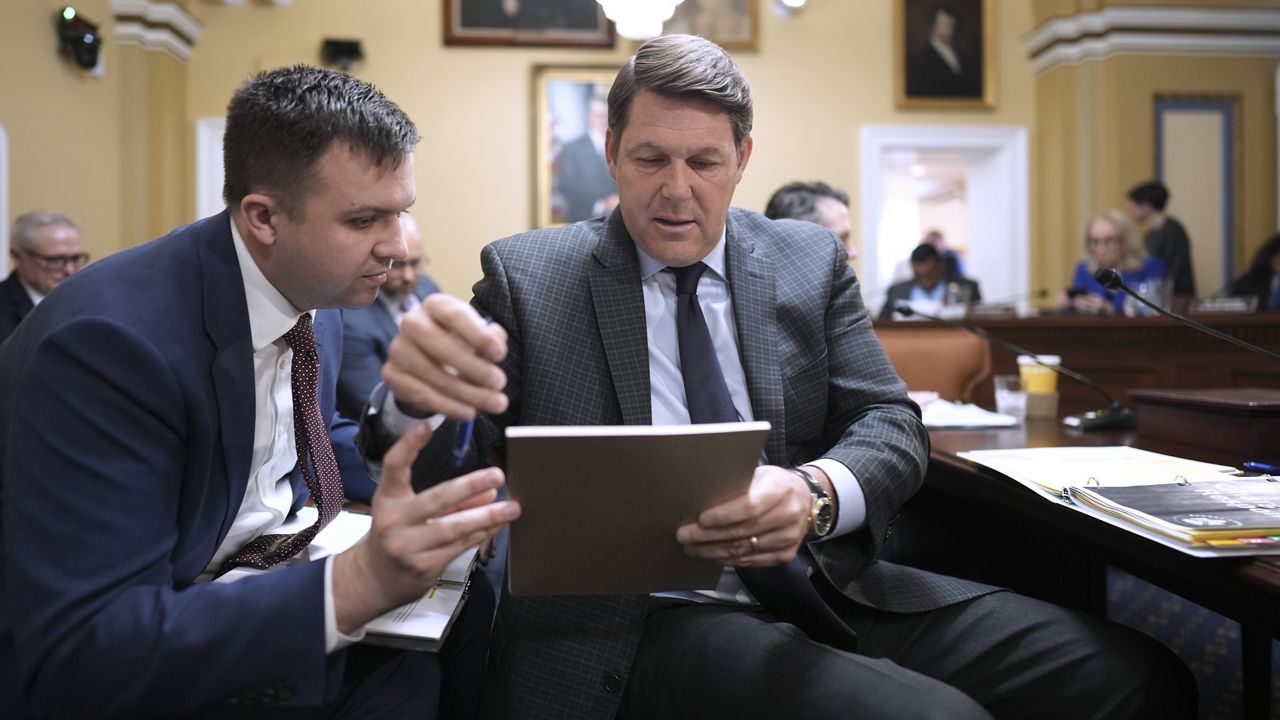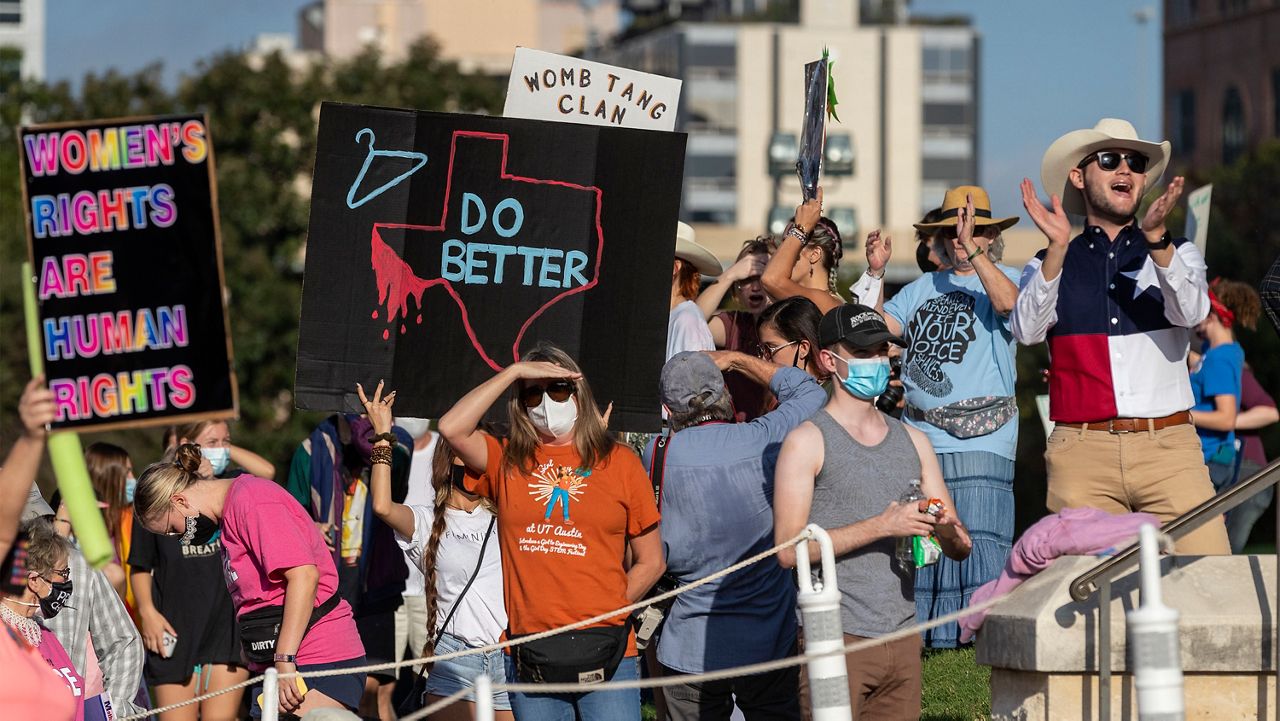WASHINGTON — A day before Sen. Ted Cruz narrowly won reelection against Democrat Beto O’Rourke four years ago, Cruz loaned his campaign $260,000. He did so to launch a constitutional challenge to a federal campaign finance law. That challenge will now be heard by the U.S. Supreme Court Wednesday.
The Texas Republican seeks to strike down Section 304 of the Bipartisan Campaign Reform Act of 2002. The law bans candidates from raising money after an election to repay more than $250,000 they personally loaned their campaign. Under the provision, Cruz’s campaign could not repay the remaining $10,000 and was considered a contribution rather than a loan.
“The goal of the law was to limit the power of money in our election process,” said Jared Schroeder, associate professor of journalism at Southern Methodist University. “This case will very likely will continue the trend toward less and less limitations on money and how it flows through our political campaigns, which could continue to shift the power away from individual voters, toward those who have the most money and power.”
The Federal Election Commission argues first that Cruz does not have the legal right to sue, and secondly that the restriction aims to prevent corruption.
“When a campaign uses a contribution to repay the candidate’s loan, every dollar given by the contributor ultimately goes into the candidate’s pocket,” attorneys with the Justice Department wrote.
The Campaign Legal Center filed an amicus brief supporting the FEC. Orion de Nevers, a legal fellow with the watchdog group, said making a campaign contribution after an election causes concerns about influencing a candidate.
“When candidates are beholden to wealthy special interests after an election, they start becoming responsive to those special interests rather than the people like us they represent,” de Nevers said.
“You can't even help the candidate win at this point, because the election is already over. So we think after an election, the First Amendment value of those contributions really declines. And so it's not an infringement on free speech that we should be too worried about,” he went on to say.
But Cruz argues he does have standing and the limit violates First Amendment rights by curbing how much candidates can support their campaigns. Attorneys for Cruz’s campaign in a filing wrote, “There can be no question that Section 304’s limit—by substantially increasing the risk that any candidate loan will never be fully repaid—forces a candidate to think twice before making those loans in the first place.”
In an amicus siding with Cruz, the Institute for Free Speech argued any political activity that increases the amount of political speech out there is protected under the First Amendment. Don Daugherty, senior attorney with the organization, said while they are concerned about actual corruption in politics, he argues the government has no sufficient evidence of such.
“It's important for democracy to work, for people to be able to get out the message about why they should be elected to federal office. It's also important that people should be able to support those who they favor for political office,” Daugherty said. “Free political speech is at the heart of the free speech clause in the First Amendment.”
Under John Roberts as chief justice, the Supreme Court has chipped away at campaign finance laws. While some legal experts including Schroeder believe the court’s conservative majority will side with Cruz, he said he is intrigued why the court is hearing the case. A three-judge panel of the U.S. District Court for the District of Columbia struck down the provision.
“I can't imagine that they would overturn the lower court. So why are they taking it? They must have something they want to say about this,” he said.
In a statement to Capital Tonight, a Cruz spokesman said, “[The Senator] is confident that the Supreme Court will agree with the unanimous decision made by the three-judge District Court that this law is an unconstitutional restriction on free speech that serves merely to benefit incumbent politicians and the super wealthy.”








)


